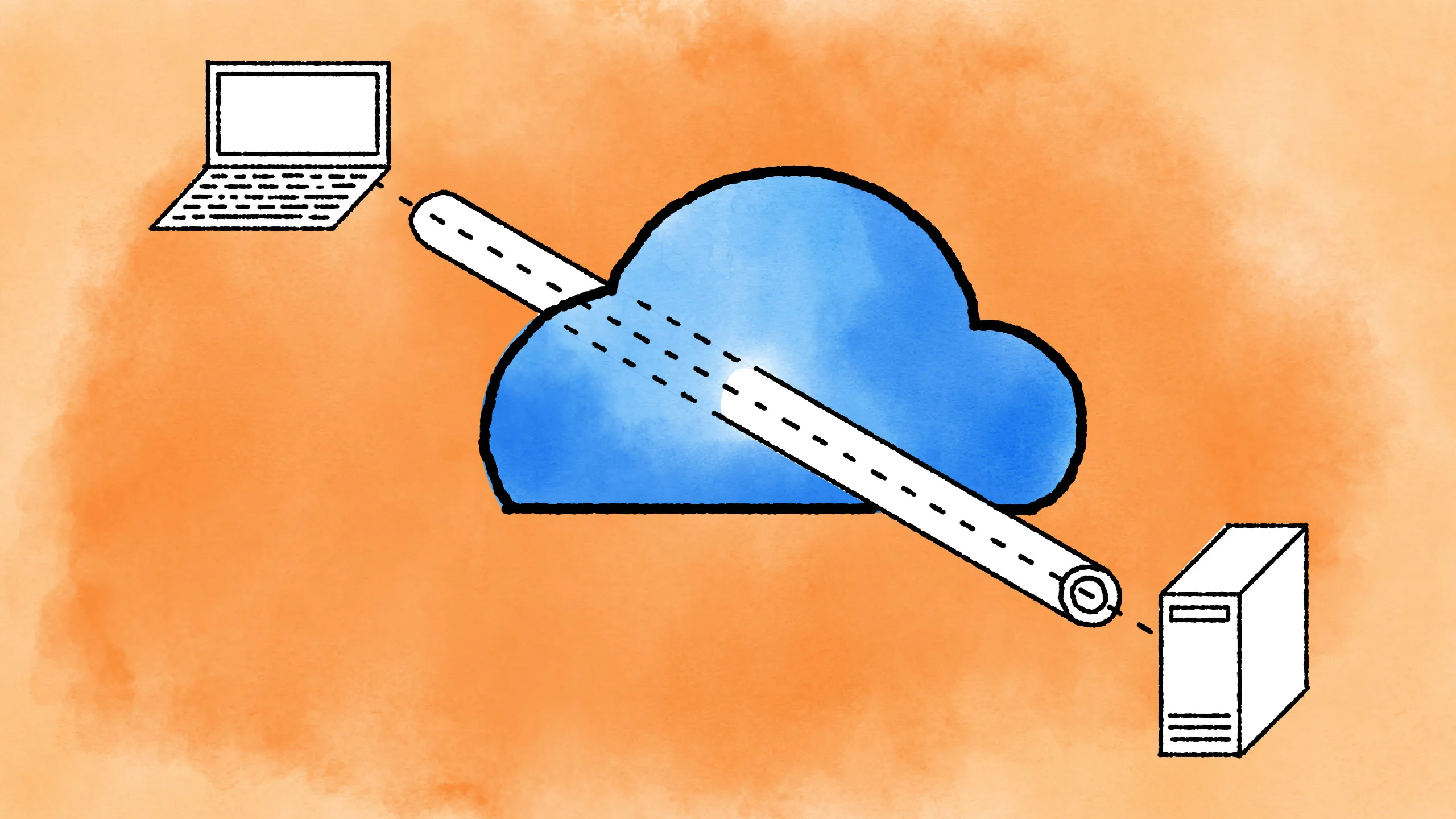Internet technology, various tools, and software applications serve different purposes, some for protection and privacy and others for potentially malicious activities. While they may seem similar on the surface due to their ability to manipulate internet traffic, their purposes and functionalities differ vastly. Initially created for network stress testing, these tools have been co-opted for malicious purposes, primarily to launch Distributed Denial of Service (DDoS) attacks.
How does a stresser work?
A stresser generates massive requests or data packets and directs them at a specific IP address or network. This flood of traffic affects the target’s resources, causing slowdowns or complete service outages. The mechanics behind how a stresser works involve exploiting various network protocols and vulnerabilities to amplify the attack’s impact.
Legal and ethical concerns
The use of IP booters or stressers is highly controversial and often illegal. While some argue that these tools have legitimate uses for network testing, their potential for abuse has led many jurisdictions to classify them as cybercrime tools. The ease of access to these services has made them a threat to online security.
A tool for privacy and security
IP booters, Virtual Private Networks (VPNs) are designed for online privacy and security. VPNs create an encrypted tunnel between a user’s device and a remote server, masking the user’s actual IP address and encrypting their internet traffic.
Key features of VPNs:
- IP address masking– VPNs hides a user’s IP address so third parties can track their online activities.
- Encryption- VPN services encrypt data transmitted over the network, protecting it from interception.
- Geolocation spoofing-Users access content that might be restricted in their geographic location by connecting to servers in different countries.
- Enhanced security– VPNs provide an additional layer of security when using public Wi-Fi networks.
Comparing functionalities
While both IP booters and VPNs involve manipulating internet traffic, their core functionalities and purposes are fundamentally different.
- Purpose
- IP booters- Primarily used to overwhelm and disrupt target systems.
- VPNs- These are used to protect user privacy and enhance online security.
- Traffic direction
- IP booters- Direct large volumes of traffic towards a specific target.
- VPNs– Route a user’s traffic through an encrypted tunnel to a remote server.
- Legal status
- Ip booters –Often illegal or in a legal grey area, mainly when used for attacks.
- VPNs- Generally legal and widely used by individuals and businesses.
Implications for online security
The existence of IP booter software poses challenges for online security. Website owners and network administrators must implement robust DDoS protection measures to defend against potential attacks. On the other hand, VPNs contribute positively to online security by providing users with tools to protect their privacy and secure their data.
Ethical considerations
how does a stresser work? IP booters raises serious ethical concerns. Even when marketed as stress testing tools, they are abused, and the harm they cause to individuals and businesses makes their use highly questionable. While considered ethical tools for privacy protection, VPNs can also be misused to bypass copyright restrictions or hide illegal activities.
The legal status of IP booters is increasingly clear, with many countries explicitly banning their use and sale. Law enforcement agencies worldwide are cracking down on individuals and organizations providing or using these services for malicious purposes. VPNs, however, are legal in most countries, though some nations with strict internet censorship policies have attempted to restrict or ban their use. Users should be aware of the legal status of VPNs in their jurisdiction.

